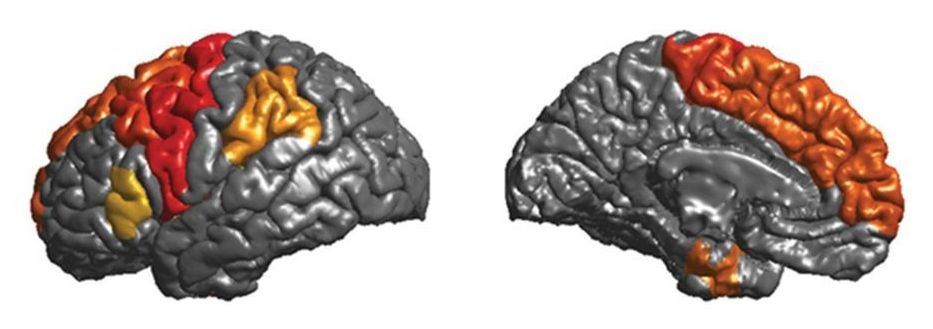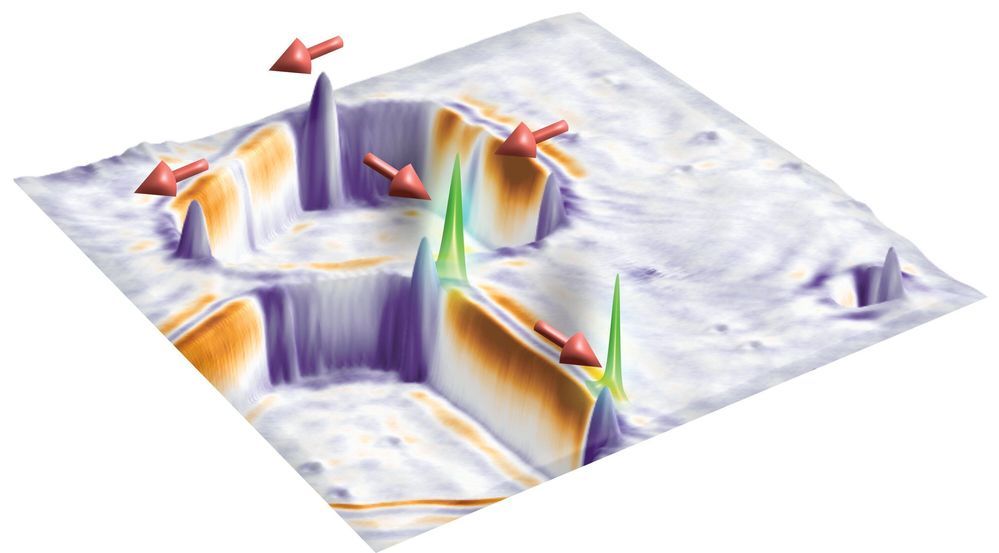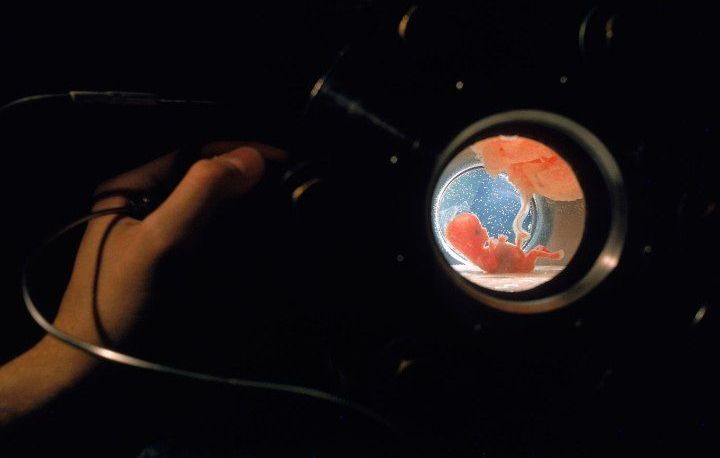ENIGMA consortium’s probe of many brain disorders finds common structural changes in diverse kinds of epilepsy.


Taiga Motors is one of the rare companies working to bring to market an all-electric snowmobile, which is actually a segment of transportation that desperately needs cleaner solutions.
The startup is unveiling today its new lineup of electric snowmobiles with some impressive specs.
With little to no standards and many two-stroke engines, current gas-powered snowmobiles are generally incredibly polluting – sometimes 50 times more polluting than an average car. People operate the machines to experience the great outdoors and it’s a shame to have to pollute your environment to do it.


As mysterious as the Italian scientist for which it is named, the Majorana particle is one of the most compelling quests in physics.
Its fame stems from its strange properties—it is the only particle that is its own antiparticle—and from its potential to be harnessed for future quantum computing.
In recent years, a handful of groups including a team at Princeton have reported finding the Majorana in various materials, but the challenge is how to manipulate it for quantum computation.

Outgunned
The news comes after the spread of a video of House Speaker Nancy Pelosi that had been tampered with to make her appear drunk. Earlier this month, the video mysteriously disappeared from Facebook.
Adam Schiff (D-CA), chairman of the House Intelligence Committee, said Thursday, “I don’t think we’re well prepared at all. And I don’t think the public is aware of what’s coming. There’s no end to the pernicious abuse of this technology.”

UMBC’s Hua Lu, professor of biological sciences, and colleagues have found new genetic links between a plant’s circadian rhythm (essentially, an internal clock) and its ability to fend off diseases and pests. The findings were 10 years in the making and published in Nature Communications this week. The results could eventually lead to plants that are more resistant to disease-causing pathogens and better treatment for human diseases.
“It’s quite cool,” Lu says, “because, in both plants and animals, people are beginning to study the crosstalk between the circadian clock and the immunity system.”


Artificial wombs.
LIFE.com republishes part of a 1965 LIFE magazine series that grappled with some of the era’s most exciting and troubling advances in science and medicine.

From the synapses that connect billions of neurons in the brain to the filaments of dark matter that link galactic superclusters, there’s a fractal reiteration across the magnitude of scales akin to the Mandelbrot fractal set. The mathematics behind the Mandelbrot set, which is derived from a very simple underlying formula, makes me think that its intricate fractal chaos and stunningly beautiful design can’t help but leave a feeling that there’s something larger than life going on here, that you are staring right at some ineffable cosmic mystery. https://www.ecstadelic.net/top-stories/ubiquity-of-patterns-in-nature #patterns #fractals #fractality #SyntellectHypothesis #FiveParadigms #MindsEvolution #FractalPatterns #EmergentPatterns #AsAboveSoBelow #UbiquitousPatterns #FractalGeometry #SacredGeometry #MandelbrotSet #MTheory #MultiFractality
In Nature, we find patterns, designs and structures from the most minuscule particles, to expressions of life discernible by human eyes, to the greater cosmos. These inevitably follow geometrical archetypes, platonic solids, some call it sacred geometry, which reveal to us the essence of each form and its vibrational resonances. They are also symbolic of the underlying holistic principle of inseparability of the part and the whole.
It is this principle of oneness underlying all geometry that permeates the architecture of all form in its myriad diversity. This principle of interconnectedness, inseparability and unity provides us with a continuous reminder of our relationship to the whole, a blueprint for the mind to contemplate the sacred foundation of all things created.
Thousands of tech fans descended on the Mojave desert for the conference, a public offshoot of Amazon Chairman Jeff Bezos’ previous invitation-only MARS conferences (the acronym stands for “Machine Learning, Robotics, Automation and Space”).
It resembled a tech summer camp, replete with offerings of cutting-edge technology demos, talks and social events.
In dozens of breakout sessions, business leaders discussed the future of jobs, drones, and tools powered by Amazon’s cloud platform in fields ranging from space exploration to health care.